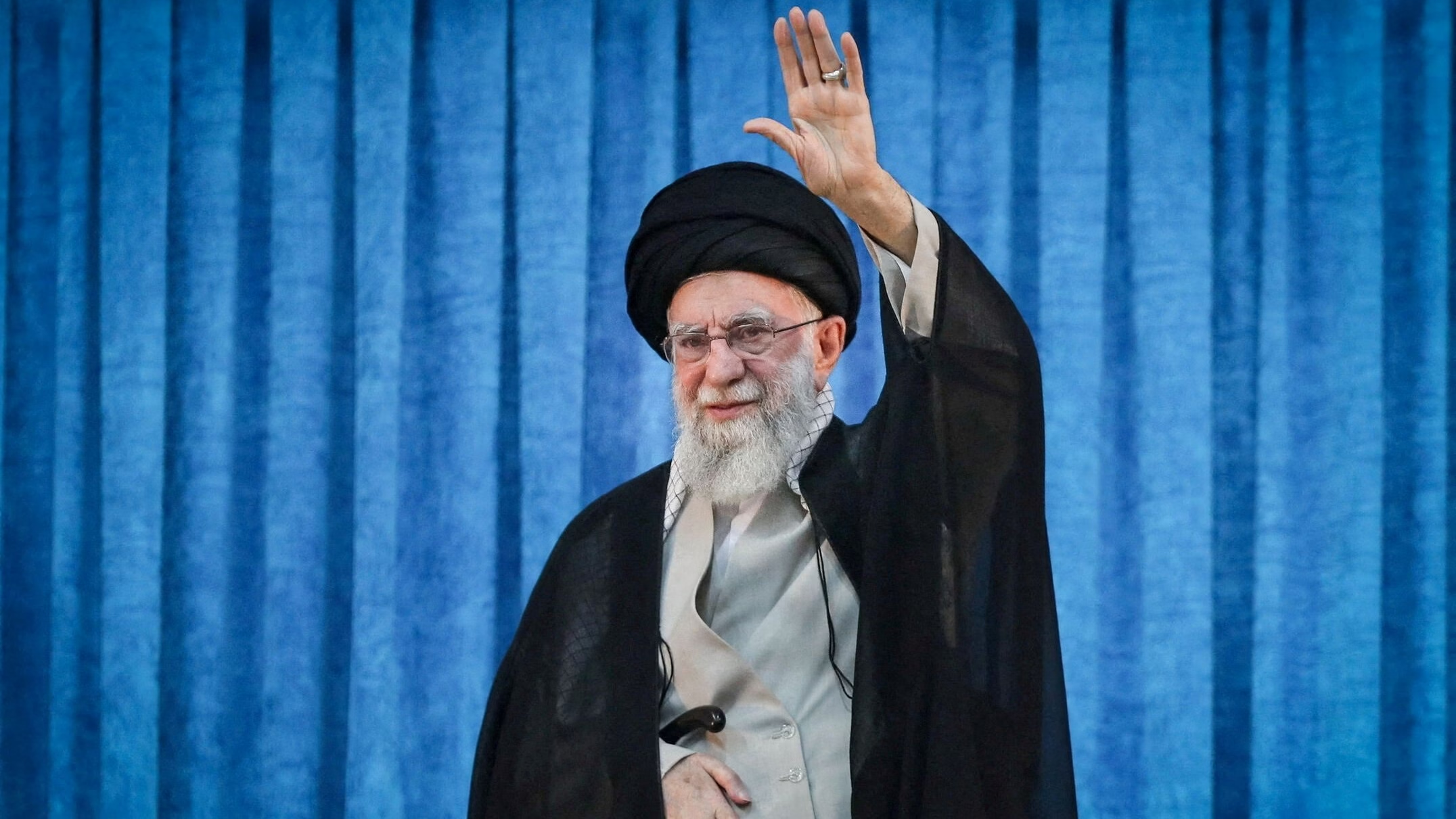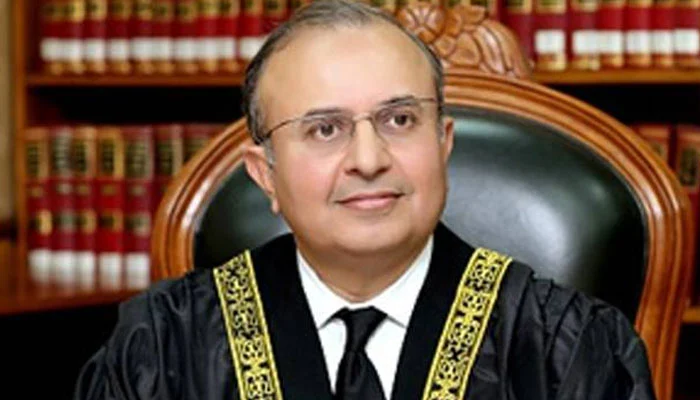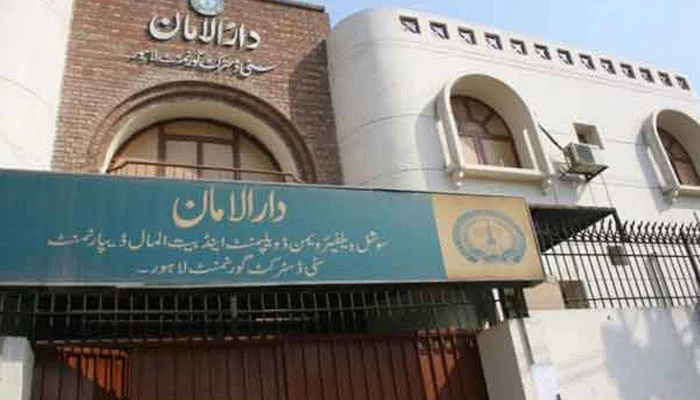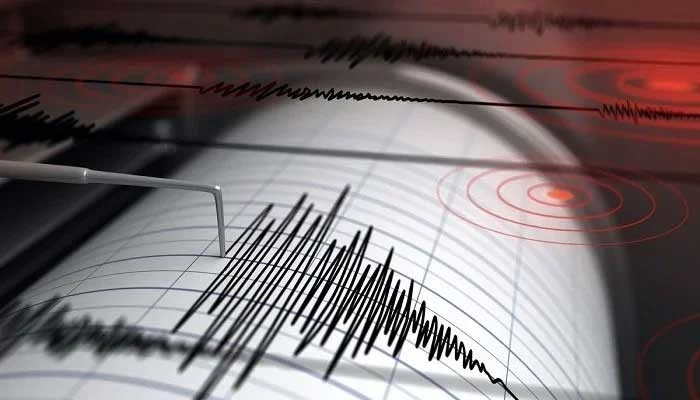Israeli Defence Minister Israel Katz has revealed that Tel Aviv considered assassinating Iran’s Supreme Leader, Ayatollah Ali Khamenei, during the recent 12-day conflict—but claimed the opportunity never arose.
Speaking in an interview with Israel’s Channel 13, Katz said the plan was ultimately hindered by Khamenei’s decision to go “underground to very great depths.” According to Katz, this move not only protected the Iranian leader but also severed his direct communication with the Islamic Revolutionary Guard Corps (IRGC) during the fighting. Despite these claims, Iranian authorities have maintained that Khamenei was fully involved throughout the conflict.
“We wanted to eliminate Khamenei, but there was no operational opportunity,” Katz stated, rejecting reports that the United States had blocked such an attempt. He insisted that Israel did not and would not require permission to act on such matters.
The remarks highlight the intensity of Israel’s military planning and signal a dramatic escalation in its public rhetoric. Targeting Khamenei—an 85-year-old religious and political figure revered by millions of Shia Muslims—would have marked an unprecedented step in the long-running hostilities between the two nations.
Katz’s comments also come amid growing speculation about the extent of damage inflicted on Iran’s nuclear program. Joint strikes on key nuclear sites in Fordow, Natanz, and Isfahan have reportedly disrupted enrichment activities, according to some Israeli and US intelligence sources. However, Iranian officials have pushed back against these claims, describing them as exaggerated.
Ayatollah Khamenei himself dismissed the reported impact of the airstrikes, saying on Thursday that “the Americans have greatly exaggerated the extent of the damage” and reaffirmed Iran’s commitment to “continue the resistance.”
Katz also claimed that former US President Donald Trump had given Israel a “green light” for future military action should Iran resume nuclear development. “I do not see a situation where Iran will restore the nuclear facilities after the attack,” he said.
Iran’s Atomic Energy Organization has not yet commented, while the International Atomic Energy Agency (IAEA) is reportedly ramping up its monitoring efforts in the region.
Meanwhile, Israeli Prime Minister Benjamin Netanyahu praised the outcome of the conflict, calling it a “great victory” for Israel and a strategic opening to build stronger ties with Arab nations.
“This victory opens the path to dramatically enlarge the peace accords,” Netanyahu said in a video address, referring to the Abraham Accords signed in 2020 that normalized relations between Israel and several Arab states, including the UAE and Bahrain.
The recent 12-day war—marked by intense airstrikes and missile exchanges—ended following a ceasefire brokered by the United States. The agreement was reached after Iran responded to American strikes with a ballistic missile attack targeting the US-operated Al Udeid Air Base in Qatar. Intense diplomatic efforts behind the scenes helped bring the conflict to a halt, at least for now, preventing a potentially wider regional war.



